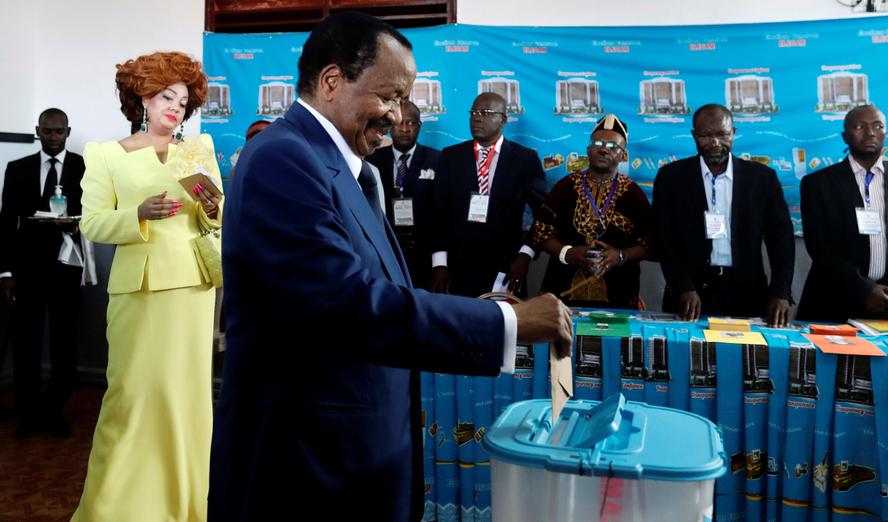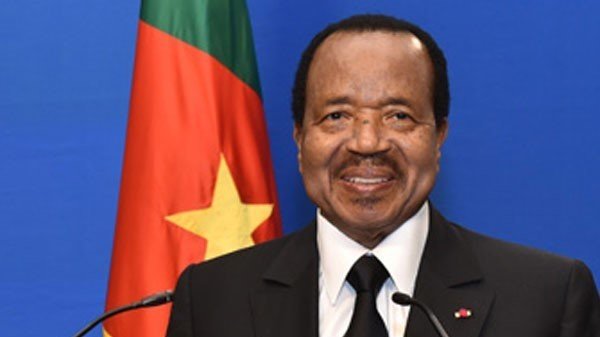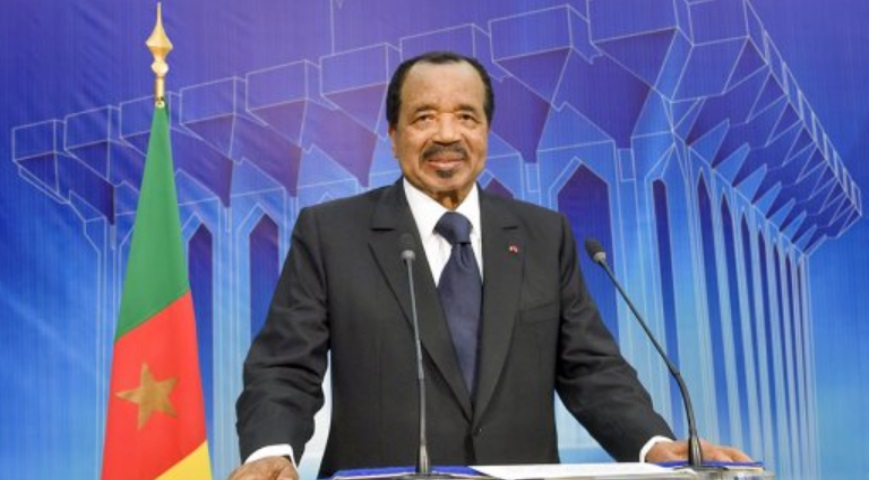Cameroon President Paul Biya, renowned for his worldly and educated background, commenced his career by serving in various bureaucratic capacities within the country. His ascension to the presidency of his West African nation in 1982 was accompanied by a vision to institute a more streamlined government. However, over the years, numerous critics contend that Biya's leadership has devolved into repression and inefficiency.
In 1968, Paul Biya embarked on his governmental journey as Minister and Secretary General at the Presidency of the Republic.
He was subsequently promoted to Minister of State and Secretary General at the Presidency of the Republic in June 1972.

Holding this position for five years, he was appointed Prime Minister on June 30, 1975. Following the resignation of Ahmadou Ahidjo, he became the constitutional successor to the Head of State in July 1979 and assumed the presidency of the Republic two days later, on November 6, 1982, pursuant to constitutional amendments outlined in law No 79/02 of June 29, 1979.
Did you read this?
After serving as Cameroon's prime minister, Biya assumed the presidency in 1982 when his predecessor, Cameroon's first president after the country gained independence from France, resigned due to health issues.

During Biya's presidency, a significant number of his appointments were individuals from his own southern Beti ethnic group. Consequently, this group swiftly rose to prominence, dominating senior prefect positions and the prime minister's office.
Biya managed to survive a coup attempt in 1984. In 1992, Cameroon held its first multi-party election, in which Biya narrowly defeated his opposition rival by a margin of just four percentage points.
Contrary to expectations, President Paul Biya does not primarily reside in Cameroon. Instead, he resides with his family in Geneva, Switzerland, where he owns a residence and spends the majority of his time.
Although President Biya maintains a home in Geneva, he also possesses a residence in Cameroon. He occasionally spends a few days there when traveling to participate in public meetings, holidays, government events, and other engagements.
However, his repeated absences from the country have led critics both locally and internationally, some even refer to him as an "absent President". He entrusts the day-to-day running of the Government to his Prime Minister, Philemon Yang.
President Paul Biya has chosen not to reside in his home country, Cameroon, citing health concerns related to the climate as the primary reason. Consequently, he has opted to live in Geneva with his family.

During Biya's tenure, Cameroon experienced an extended period of political stability, largely under his strict control. However, this stability was disrupted by the arrival of radical Islamists from Nigeria and the emergence of an Anglophone insurrection in the north and west regions. Moreover, Biya has faced ongoing domestic pressure to initiate a transition of power.
Paul Biya has been married to Chantal Biya since April 23, 1994, following the passing of his first wife. He is the father of three children: Franck Biya, Paul Biya Junior, and Anastasie Brenda Biya.









